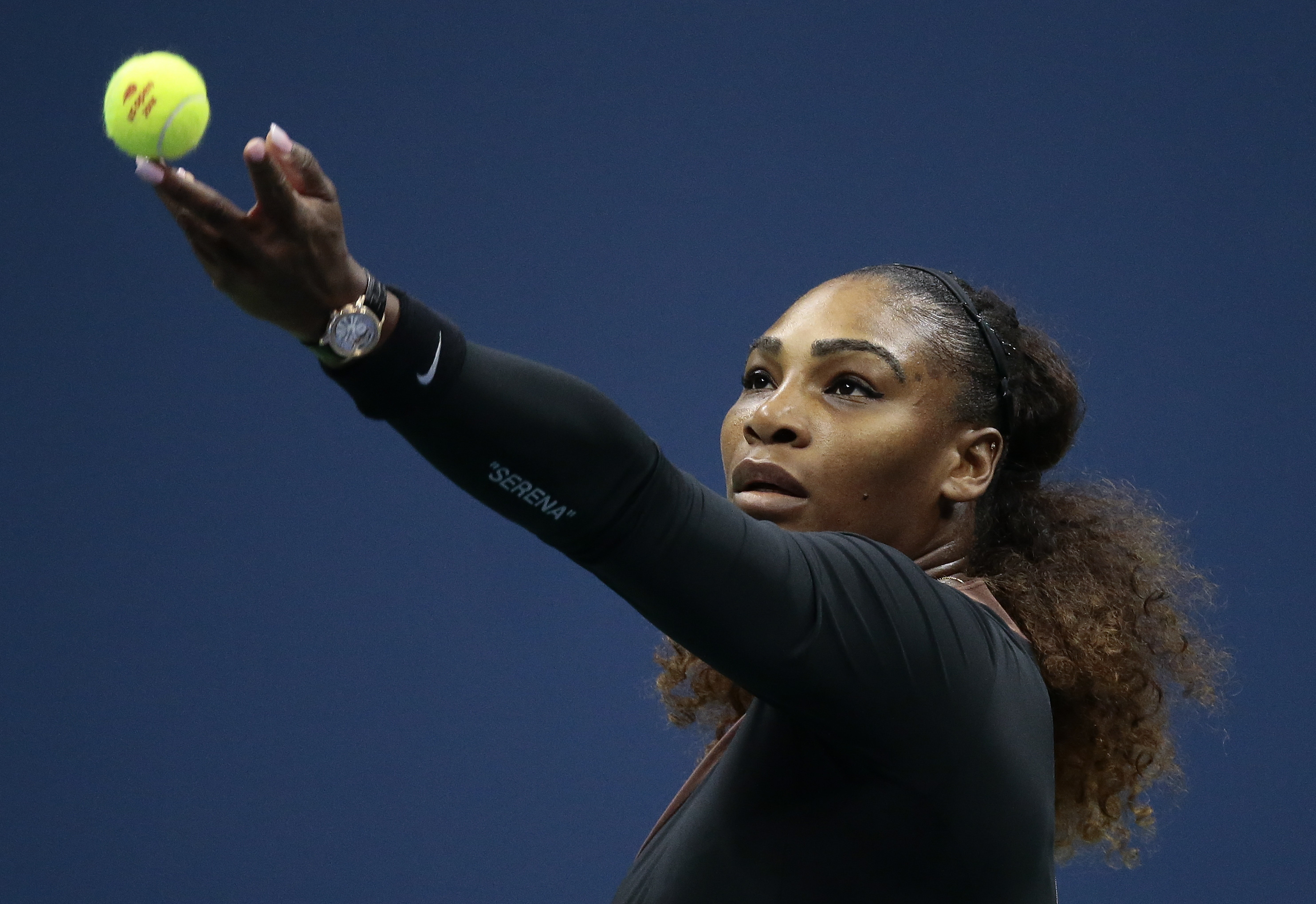Almost immediately after an umpire handed down a series of code violations during the September 8 US Open final, Kimberle Crenshaw tweeted, “If even Serena gets overpoliced, on the world stage, with millions at stake, for the world to see, in a Grand Slam final, just think [what] happens to many of us every day.” Crenshaw is a scholar who, 30 years ago, pioneered the idea of intersectionality as a black feminist perspective. Serena Williams is the greatest athlete of our era, who had just been warned, then penalized a point, then penalized a full game late in the last set—decisions that would rob both her and her opponent, Naomi Osaka, of any true victory. She called the chair umpire a thief, a telling choice.
The chair umpire drew upon petty infractions existing only in rule books, infractions regularly unenforced in the case of whiter and dudelier players. Some people, including Serena, were inclined to the idea that these devastating sanctions were driven by misogyny and racism. By “some people” I mean everybody, excepting a few “well actually . . .” dipshits.
No less obvious is Crenshaw’s turn to the language of policing. The metaphor provides a clear read on the arbitrary enforcement structure of sport, purpose-built to subordinate the only people who assure its profitability—in a hierarchy no less raced and gendered than the society in which it takes part. That Serena has not been ruined by this process measures out her profound grace as well as the fact that she is far from the precarious position of most black women in the United States, and most of the people whom the police target, for whom policing is no metaphor.
Crenshaw’s language also aligns Serena’s story with that of Colin Kaepernick and his courageous project to politicize the NFL against the ongoing antiblack violence of the police and to drive Donald Trump around the bend. But it is in Kaepernick’s case that something becomes clear: the framework of policing isn’t enough.
Like almost every athlete in a sport that brutalizes the bodies on which its existence depends, Colin Kaepernick is compelled to get a lifetime of bank before he turns 35. In his very particular case, he cannot get it from the very employers who require his skills. The labor market is closed to him. And that throws him into the arms of big money. When Nike comes calling, with its hysterically obvious desire to activist-wash its global sweatshops, it becomes hard to say no—even if this runs counter to your political efforts. It doesn’t neutralize the politics so much as outflank them. And so Kaepernick and the struggle he headlines are folded into the Nike universe, with its new, tough-minded advert and its million righteous slogans. That’s a half-million fewer than the dollars Phil Knight has given to the Republican candidate in Oregon’s current gubernatorial campaign.
It is as if September has been determined to show us the ways that the world tries to break black athletes, and in turn the way that the world tries to break far less wealthy and powerful people. The violence of arbitrary laws as needed; buying you off if that’s more efficient. Subordination, recuperation. These are the forms of discipline that structure daily life.
It is hard not to see Nike at the heart of all of this. After all, Serena made her heroically patient way through the post-match presser in a branded tee, and it seems likely that both athletes take the bulk of their income from the company, and that this shields them from a great deal. But not everything, and that is the point, or one of them.
Money is not only a shield, and that is the other point. When it appears as if Nike provides shelter from the petty bureaucrats of sport, we risk falling for a false seeming, failing to notice that we are seeing a collaboration. The power of policing never strays far from corporate power, and vice versa. Even when they play at being opposed, they are a one-two punch. At the far end of the metaphor are millions on millions of lives lived under threat of petty abuse, insult, theft—and driven into the ongoing condition of being bought and sold, day in and day out, made desperate to submit to this or be pushed out of work altogether. That is September’s other lesson. As if we needed a reminder.






